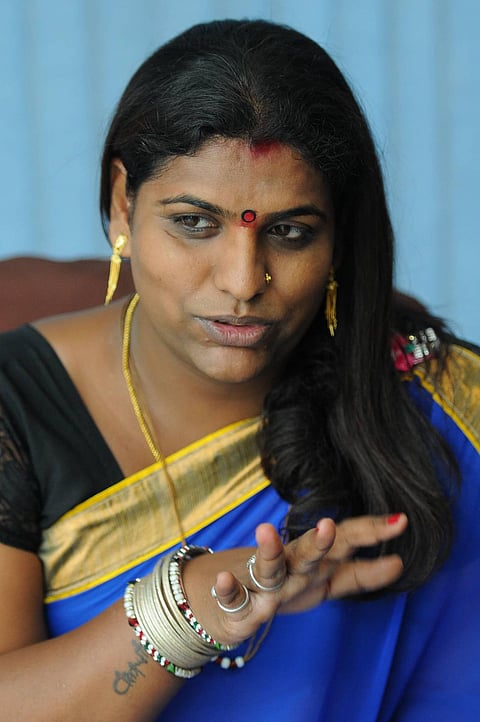AS: If someone refuses to talk, I usually tell him/her that I am HIV+ and if I am not frightened by the society, then why are you? I face challenges in government offices. First, they question my presence in their office and once the word 'HIV' is used, the officials refuse to cooperate. I provide the officials with field studies explaining about the ground realities about the disease. Most importantly, I motivate patients to speak about their problems. We try to give the patients as much support as we can. Now if they have any problem, they simply contact me. Their faith is important to me and I will ensure I never break it.


